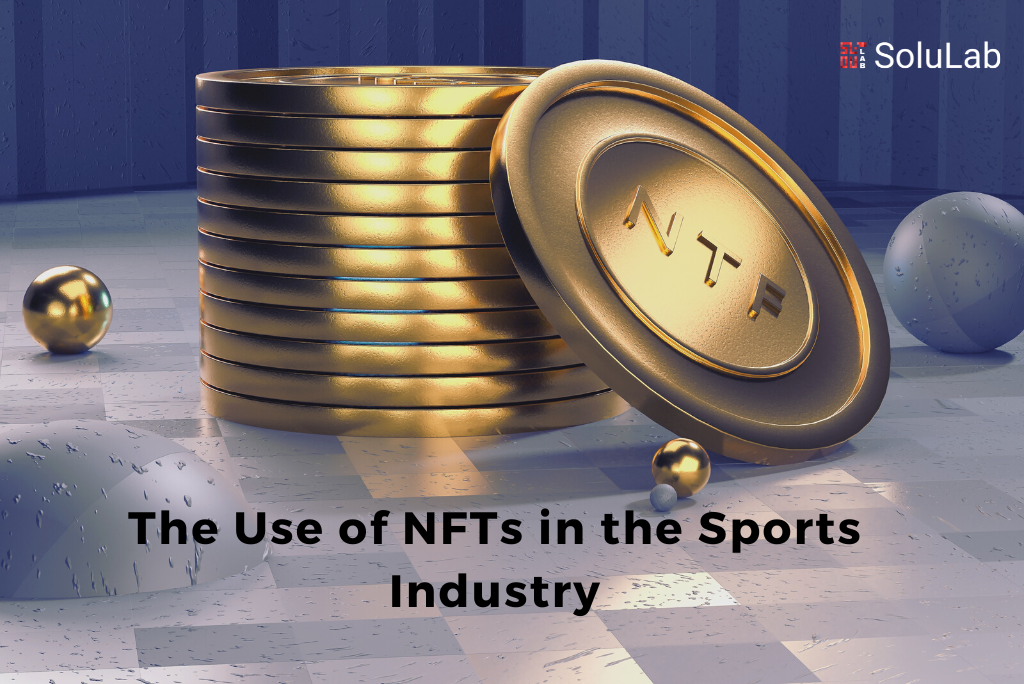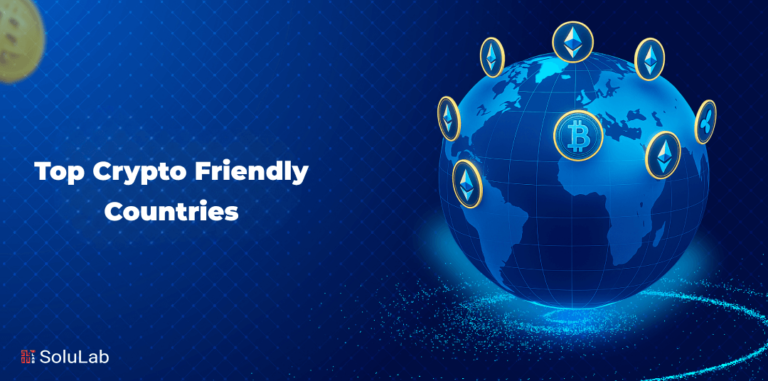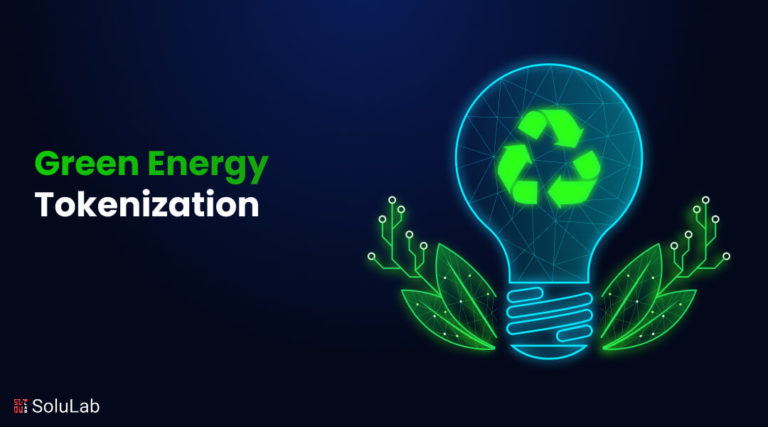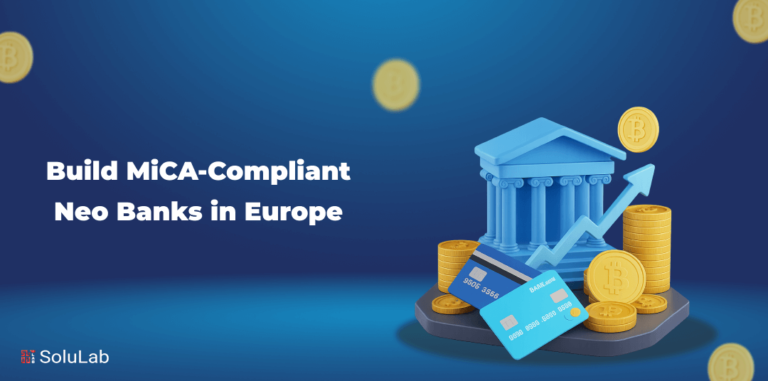
NFTs are non-fungible tokens that exist on a blockchain. At their core, they are digital collectibles. Digital collectibles are a staple of the sports industry. Collecting sports memorabilia has been a popular pastime for many and more than 66 million people globally have bought at least one sports collectible. Market Decipher says that the sports memorabilia industry will be worth $227.2 billion by 2032.
The NFT market is also growing and was valued at $41 billion at the end of 2021. Deloitte predicts that the sports NFT market will be about $2 billion in 2022. Any sports collectible either has already evolved or could evolve into a digital form, creating huge revenue opportunities for leagues, teams, or athletes.
What does evolution look like?
The evolution could dramatically expand collectible options and revenue streams. Many organizations already are collaborating with NFT companies to build digital trading cards. One possibility is to monetize archives by offering collectibles or media of athletes before they were famous. Teams are also expanding the market by offering ticket stubs of popular or special games as NFTs.
The potential
Up to five million sports fans will receive or buy an NFT this year, according to Deloitte. NFTs can provide a variety of marketing benefits for athletes, teams, or leagues in any popular sport. For example, they can provide additional revenue streams and improve fan engagement. NFTs also can help re-enforce the brand and nurture long-term fan relationships. In some uses, NFTs can help boost ticket sales to sports events.
Football and Soccer
Here is an example of using football.
Football revenue has been dropping over the past couple of years, which has led to the exploration of digital opportunities. These federations and leagues are discovering that NFTs can represent various items, including jerseys and footballs. Football-related NFTs also are being integrated into virtual games, which provides a revenue stream and, in turn, makes the collectible even more popular.
Further, The Football Company (TFC) has created an app-based play-to-earn football blockchain game. The global game is accessible even to those who have little crypto knowledge. The new game and its virtual NFT merchandise are enabling football leagues, teams, and sports brands to reach a previously untapped fan base.
TFC replicates real-world items in 3D on the blockchain. It also invents new items and schemes. For example, fans can buy a relatively inexpensive football shirt and become part of a club, increasing their engagement and loyalty.
One German Football League (DFL) has just signed several two-year partnership deals. One deal gives OneFootball the right to create collectible digital trading cards and videos. Another deal grants Sorare exclusive rights to use NFTs based on the league’s players in a fantasy game on the blockchain. The third deal with Topps will continue until 2028/2029. It gives Topps the right to create physical digital stickers and a trading card game and NFT equivalents.
Baseball
NFTs are also making a difference in other sports. For example, Major League Baseball has formed a partnership with Candy Digital to launch a new collection of dynamic NFTs. The collection will feature 720 players and NFTs will have varying levels of scarcity. The collectibles will include daily updates of the players’ stats throughout the season. Officially licensed videos will also be added as the season continues.
NASCAR
NASCAR has partnered with Candy to produce race-day NFTs. NASCAR also partnered with the WAX blockchain to launch an NFT collection of the Daytona 500 race. NASCAR and Candy produced only 500 NFTs and limited them to ticketholders.
NASCAR emailed its 25,000 Daytona ticket holders with instructions to download a WAX digital wallet to enter the contest to receive one of the NFTs. NFT winners had a further opportunity. Their names were put into a draw to win one of five autographed drivers’ helmets.
NASCAR’s 2021 season was the least-watched on TV. Ticket revenues also were down. The strategy to drop an NFT collection only to ticket holders may create a sense of exclusivity and promote further engagement in the sport.
Basketball
The NBA and NBPA also have launched dynamic NFTs that will evolve based on players’ performance throughout the season. The more accomplished the player is, the more the NFT will change.
In April, 18,000 NFTs were minted from NBA Playoff participants. About 2,000 went to Dapper Labs’ NBA Top Shot NFT owners, the rest were issued to those on a special “allowed” list. Fans qualified for the list by being early joiners of the NBA Discord group and connecting their wallets to its website. The list filled up almost immediately.
Golf
The PGA has partnered with Sorare and Autograph for NFTs. In that arrangement, players earn revenue based upon the performance of NFTs with their likeness.
Collegiate sports
The NFT market isn’t just lucrative for professional sports. Marketplaces are also available for collegiate sports.
Want to be a part of the sports NFT action?
Sports organizations and lifestyle brands can all capitalize on the sports NFT market. NFTs can be used to drive engagement through loyalty programs or by expanding and digitizing merchandise and game clips. Companies can also capitalize on unique moments of sports history or individual team highlights with video or by creating NFTs of tickets from those events.
Read also: How to Build an NFT Marketplace like Binance?
Not only can you create new revenue streams from the sales of the NFTs, but you can also increase fan camaraderie and enhance your team or league’s value in the market.
Blog Credits: Medium




